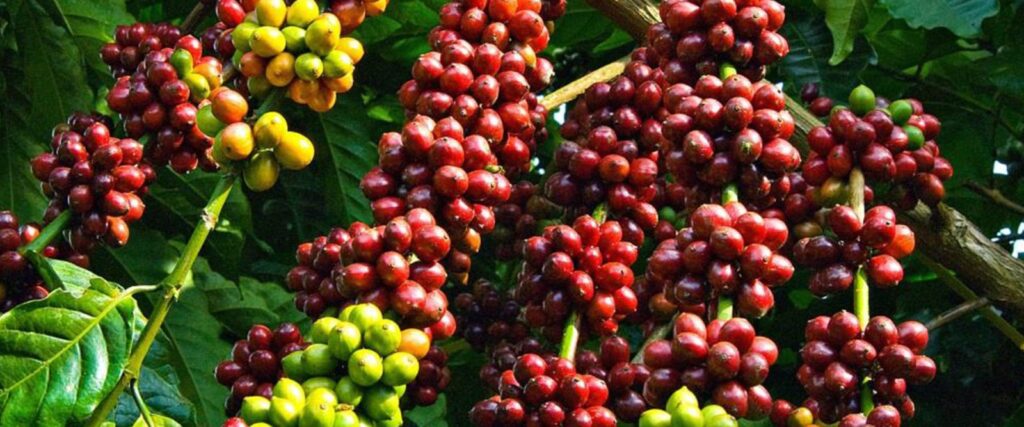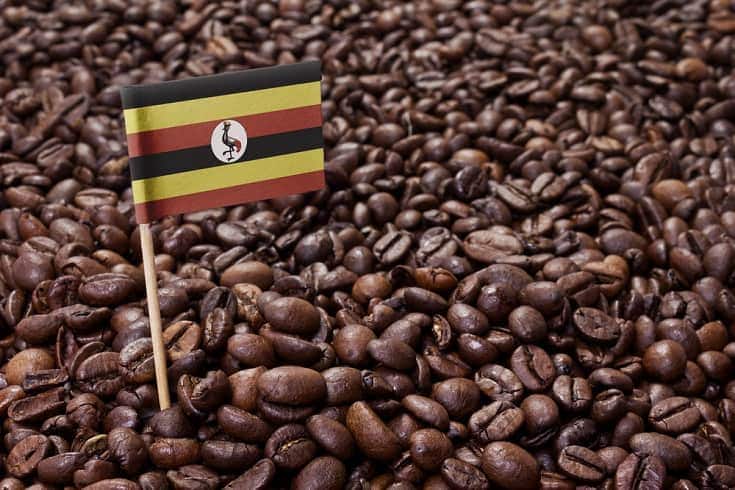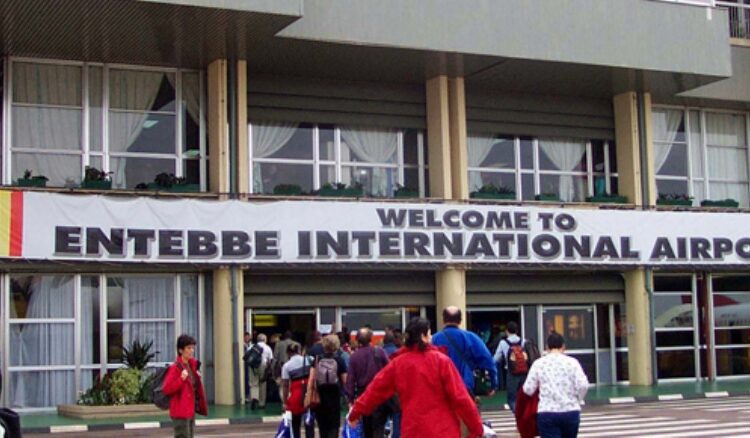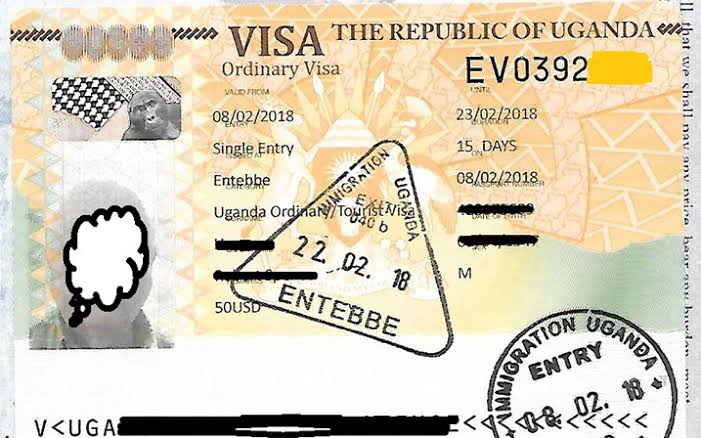
Is Matoke Really the National Dish of Uganda? | Experiya Tour Company
October 29, 2025
Buy Ugandan Crafts and Souvenirs Locally | Experiya Tour Company
October 29, 2025What Are the Best Coffee Tours in Uganda?
In the heart of East Africa lies a land of stunning scenery, rolling green hills, and fertile volcanic soils that have for generations produced some of the world’s most aromatic coffee beans. That land is Uganda — the Pearl of Africa. While it’s best known for its wildlife safaris and lush national parks, Uganda is also a paradise for coffee lovers. From the misty highlands of Mount Elgon in the east to the Rwenzori Mountains in the west, coffee cultivation here is a way of life, a cultural tradition, and a proud national heritage.
For travelers, Uganda offers a rare opportunity to trace coffee from bean to cup — to walk through the plantations, meet the farmers, and savor freshly roasted brews under the shade of banana trees. Coffee tourism is growing rapidly across the country, allowing visitors to experience the authentic rhythm of Ugandan life while supporting local communities. Whether you prefer mild Arabica or bold Robusta, Uganda’s coffee tours are an unforgettable journey of flavor, culture, and discovery.
Uganda’s Coffee Heritage
Coffee is not just an export in Uganda — it is a livelihood, a cultural treasure, and an integral part of the nation’s identity. Uganda is one of Africa’s largest coffee producers and among the top global exporters of both Arabica and Robusta beans. In fact, Robusta coffee is native to Uganda, thriving naturally in the lowlands around Lake Victoria and the central regions. Arabica, on the other hand, flourishes in the cooler high-altitude areas of Mount Elgon, the Rwenzori Mountains, and parts of southwestern Uganda.
Ugandan coffee is prized for its full body, rich aroma, and deep, smooth flavor. Arabica from the mountains tends to have fruity or floral notes with a balanced acidity, while Robusta is stronger and more intense. Beyond the taste, what makes Ugandan coffee so special is the human story behind it — smallholder farmers, family-run cooperatives, and community-based projects that depend on coffee as both an art and a livelihood.
1. Sipi Falls Coffee Tour – The Crown Jewel of Mount Elgon
The Sipi Falls region, located on the slopes of Mount Elgon in eastern Uganda, is one of the most famous coffee destinations in the country. The area’s fertile volcanic soil, high altitude, and cool climate provide perfect conditions for growing premium Arabica coffee.
A Sipi Falls coffee tour begins with a scenic walk through small family-owned farms where you’ll see the coffee plants up close, their red cherries gleaming in the sun. Local guides, often farmers themselves, explain every step of the process — from planting and harvesting to washing and drying. You’ll pick a few cherries, learn how to sort them, and then take part in the traditional roasting and brewing ceremony.
The experience is completely hands-on: beans are roasted over an open fire, ground with a mortar and pestle, and brewed slowly, filling the air with a rich, smoky aroma. You’ll enjoy a cup of freshly made coffee as you overlook the breathtaking Sipi waterfalls cascading down the cliffs.
Many of these tours are run by the Sipi Coffee Farmers Cooperative Society, which empowers smallholder farmers and promotes fair-trade coffee. Participating in a tour here supports local families while giving you one of the most scenic coffee experiences in Africa.
2. Bugisu Arabica Coffee Experience – Mbale and the Elgon Foothills
Further down Mount Elgon lies the Bugisu sub-region, centered around the towns of Mbale, Budadiri, and Sironko. The area is famous for its Bugisu Arabica coffee, known for its sweet aroma and chocolate-like notes. This coffee is so distinctive that it’s sometimes labeled as “Mount Elgon Bugisu” in international markets.
The Bugisu Coffee Experience gives visitors a deep dive into the history and culture of coffee in eastern Uganda. You’ll visit community farms and processing centers operated by cooperatives like the Gumutindo Coffee Cooperative, which is renowned for producing organic and fair-trade beans. The tours include visits to washing stations, drying patios, and storage facilities where you’ll see how the beans are prepared for export.
Many travelers also combine their coffee tour with hikes around the foothills of Mount Elgon or visits to nearby caves and waterfalls. The hospitality in Bugisu is unmatched — it’s not unusual for your hosts to invite you into their home to share a meal and a freshly brewed pot of coffee.

3. Rwenzori Coffee Trail – The Mountains of the Moon
On the opposite side of the country, in western Uganda, lies the Rwenzori Mountain Range, often called the “Mountains of the Moon.” This region produces some of the country’s finest high-altitude Arabica coffee, cultivated on terraced slopes that rise up to 2,200 meters above sea level.
The Rwenzori Coffee Trail is an immersive eco-tourism experience that combines coffee, culture, and stunning landscapes. Local cooperatives like the Rwenzori Sustainable Trade Centre and Bukonzo Joint Cooperative Union organize guided tours that take you into the heart of coffee farming communities. You’ll walk through lush plantations, interact with farmers, and learn how the beans are picked, pulped, washed, and sun-dried.
Visitors also get the chance to participate in “cupping sessions” — professional coffee tastings where you can compare flavor notes, aroma, and body across different beans. The coffee from this region has a bright acidity, with hints of citrus and berries that reflect the mountain soil and cool climate.
The Rwenzori Coffee Trail can easily be combined with other adventures such as hiking in the Rwenzori Mountains National Park or game drives in Queen Elizabeth National Park. It’s the perfect balance of adventure and indulgence for travelers who want to see the best of Uganda’s natural and cultural heritage.
4. Lake Bunyonyi Coffee Experience – The Highlands of Kigezi
In the southwestern highlands near Lake Bunyonyi, coffee grows alongside terraced gardens and mist-covered hills. The Kigezi region produces high-quality Arabica beans, and its community-based coffee tours offer a more intimate experience.
Visitors often begin their journey with a scenic boat ride across Lake Bunyonyi before hiking up to the nearby farms. There, local farmers demonstrate how coffee cherries are harvested and processed, often using age-old techniques like hand-pulping and open-air drying. The highlight is always the tasting — a freshly roasted and brewed cup served with a view of the lake’s tranquil waters and surrounding islands.
The coffee from Kigezi is known for its mild flavor and smooth finish. The region’s tours are typically run by small cooperatives or eco-lodges that prioritize sustainable tourism. Travelers can also combine a coffee tour with community visits, cultural experiences, or relaxation by the lakeside.
5. The Fort Portal and Kibale Coffee Circuit
Fort Portal, known as Uganda’s “Tourism City,” sits near the Rwenzori Mountains and the lush rainforests of Kibale National Park. The fertile volcanic soil and temperate climate make it one of the best coffee-growing areas in the country.
Coffee tours around Fort Portal often visit farms and cooperatives such as Bukonzo Joint and Kyamuhunga Coffee Cooperative, which are known for their organic and women-led initiatives. The experience includes walking through plantations, learning about eco-friendly farming methods, and enjoying freshly brewed coffee overlooking crater lakes and rolling hills.
One of the most rewarding parts of this tour is meeting the farmers themselves — hearing their stories, understanding their challenges, and tasting the pride they take in their craft. The area also offers a great mix of adventure and leisure, as travelers can pair their coffee exploration with chimpanzee tracking in Kibale or crater lake hikes.
6. Kampala and Entebbe Coffee Experiences
For visitors who may not have time to travel to the rural coffee regions, Kampala and Entebbe offer several urban coffee experiences that capture Uganda’s coffee spirit. Specialty cafés such as 1000 Cups Coffee House, Endiro Coffee, and Good African Coffee showcase beans sourced directly from Ugandan farmers.
These cafés offer guided tastings where you can sample coffees from different regions of the country — from Bugisu to Rwenzori — and learn about their distinct characteristics. Some also organize mini-tours to nearby roasteries where visitors can see how green coffee is transformed into the perfect roast.
Entebbe, located on the shores of Lake Victoria, has a growing number of boutique roasters and coffee workshops where travelers can learn barista skills, latte art, and the science behind brewing. It’s a great introduction to Uganda’s coffee culture before or after a safari.
Why Uganda’s Coffee Tours Are Special
Uganda’s coffee tours are more than just sightseeing experiences — they’re about human connection. Each tour offers a chance to engage directly with the people who cultivate, harvest, and process the beans that end up in your cup. You’ll walk through the fields where the coffee grows, listen to stories about farming traditions, and share moments that stay long after you’ve left.
What also makes these tours special is the country’s natural beauty. Coffee farms are often located in some of Uganda’s most scenic landscapes — from towering mountains and volcanic slopes to lush lakesides and crater valleys. Every cup you taste tells a story of place, passion, and perseverance.
Why You Should Travel With Experiya Tour Company
If you want to experience the best coffee tours in Uganda, traveling with Experiya Tour Company is the perfect choice. Experiya specializes in authentic, community-based experiences that connect travelers to Uganda’s culture, people, and natural beauty. Their coffee-themed itineraries take you deep into the heart of Uganda’s coffee regions, where you can explore farms, meet farmers, and enjoy hands-on experiences like roasting and brewing your own cup of coffee.
Experiya’s guides are knowledgeable about Uganda’s coffee heritage and ensure that your visit directly benefits local communities. Whether you want to explore Mount Elgon’s Arabica plantations, the Rwenzori highlands, or the peaceful farms around Lake Bunyonyi, Experiya tailors each journey to your interests.
With Experiya Tour Company, you don’t just drink coffee — you live its story, from the farm to your cup. Book your Ugandan coffee adventure today and experience the taste of the Pearl of Africa in the most authentic way possible.




